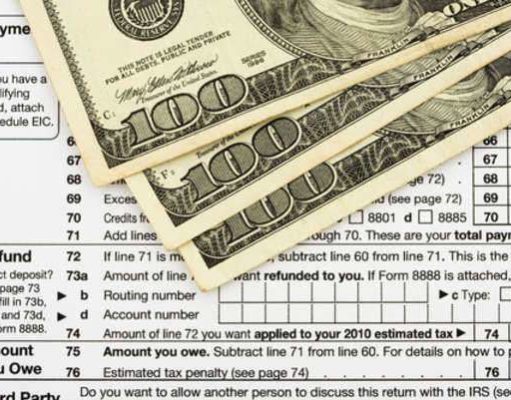Facts About Appeals

The term appeal refers to a judicial procedure, in which an official or a party, usually the defense in a criminal or a civil trial, petitions an appellate court for a reversal of an initial decision. For example, if a defendant is found guilty of a criminal offense, he/she, with the assistance of his/her defense attorney, may request an appeal. Appeals are granted by an appellate court, or a court of appeals.
There is a court of appeals that operates on a federal level and appellate courts that function in smaller jurisdictions, such as on the state or county level. In most instances, a case will begin in a district court. If a party chooses to appeal the decision resulting from this original case, he/she will petition an appellate court. In some instances, an involved party can take his/her case even further, and appeal to a Supreme Court, if he/she is not satisfied with the ruling of the appellate court. However, the exact process will vary from one case to another.
An appellate court has the responsibility of determining whether or not a party has the right to appeal the initial decision in a criminal or civil case. An appeal is usually granted if there is evidence that the case was compromised or regulations were violated in some way.
During the process of an appeal, the appellate court will review the case to determine if all necessary standards were maintained throughout the duration of the trial. If the court of appeals determines that essential standards were breached or that regulations were violated, the official conviction will often be overturned.














